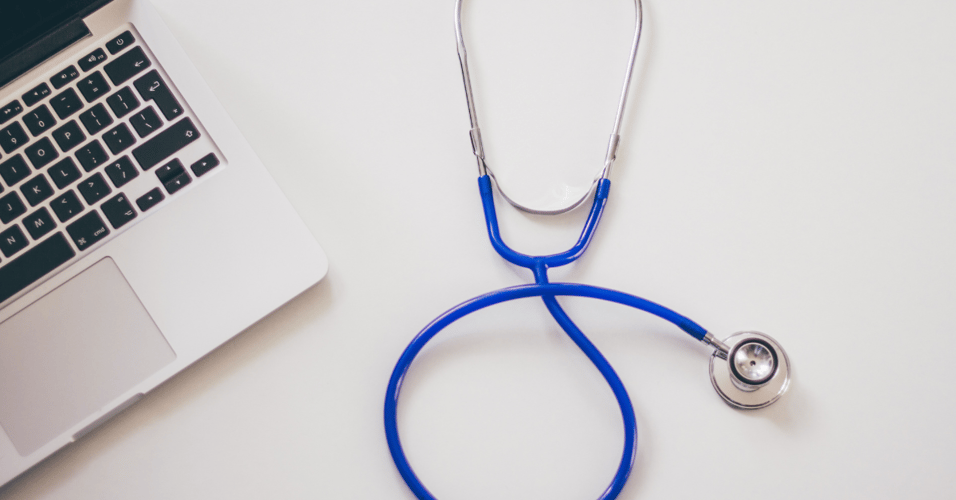
Come for the Learning.
Stay for the Community.
![]()
The Rounds is Canada’s only triple-verified, secure network where healthcare professionals connect to access trusted communities, specialized learning opportunities, and a peer network tailored to your clinical needs.
Join Now - It's Easy!
13 Years
of Trusted Learning Programs & Networking
17,000+
Verified Canadian Physicians & Healthcare Professionals
4.78/5
Average Experience Rating
100s
of Learning Programs & Exclusive Content
Make The Rounds part of your day-to-day practice
![]()
Why Join The Rounds?
Learning Programs
Access hundreds of online learning activities led by top Canadian medical experts across a variety of therapeutic areas. Stay current with on-demand access, live webinars, and peer-to-peer events.
Specialty Communities
Elevate your clinical knowledge by joining one of The Rounds’ specialty communities. Enjoy access to on-demand resources, discussions with medical peers, and the latest clinical updates—all tailored to your field.
Latest Articles
Stay informed on healthcare’s latest trends. Our editorial team curates key insights for healthcare professionals, supporting you in practice updates, trend analysis, and professional growth.
Stay current on the latest medical research and issues with exclusive access to free learning activities and CME courses. Participate in virtual Ask-The-Expert events, live webinars, and clinical case discussions featuring top medical experts who share their experience and up-to-date evidence.
|
Earn CME credits: Access free accredited CME programs and earn self-learning credits for every hour you spend on The Rounds. |
|
|
Access on-demand learning: Gain 24/7 access to our robust library of resources for continued on-demand learning. |
|
|
Join expert-led discussions: Participate in discussions led by top medical experts, ask questions, and gain insights to support patient care. |
|
Send secure messages: Engage in private or group messaging with peers about patient cases, clinical studies, and more—all in a secure environment so your data remains protected. |
|
|
Join a specialty community: Join specialized communities aligned with your clinical interests to foster professional growth and collaboration. |
|
|
Connect with medical peers: Access a directory of medical peers and specialists across therapeutic areas to strengthen your professional networks. |
In today’s rapidly evolving medical landscape, healthcare professionals need a centralized, secure hub to share and access clinical information. The Rounds is designed with Canada’s healthcare professionals in mind, prioritizing high security and collaborative engagement.
What Our Members Say

Dr. Christine Palmay, Family Physician
The Rounds offers access to vast online expert community for scientific updates and ongoing learning.

Dr. Ron Grossman, Respirologist
The Rounds is a good means of communicating practice tips with many physicians I could not have reached using traditional CME activities.
Trusted by National Medical Associations
The Rounds partners with some of Canada’s leading medical associations to ensure healthcare professionals are informed, connected and engaged. Through our dedicated network, association members can easily share resources, interact, and collaborate, no matter their location.
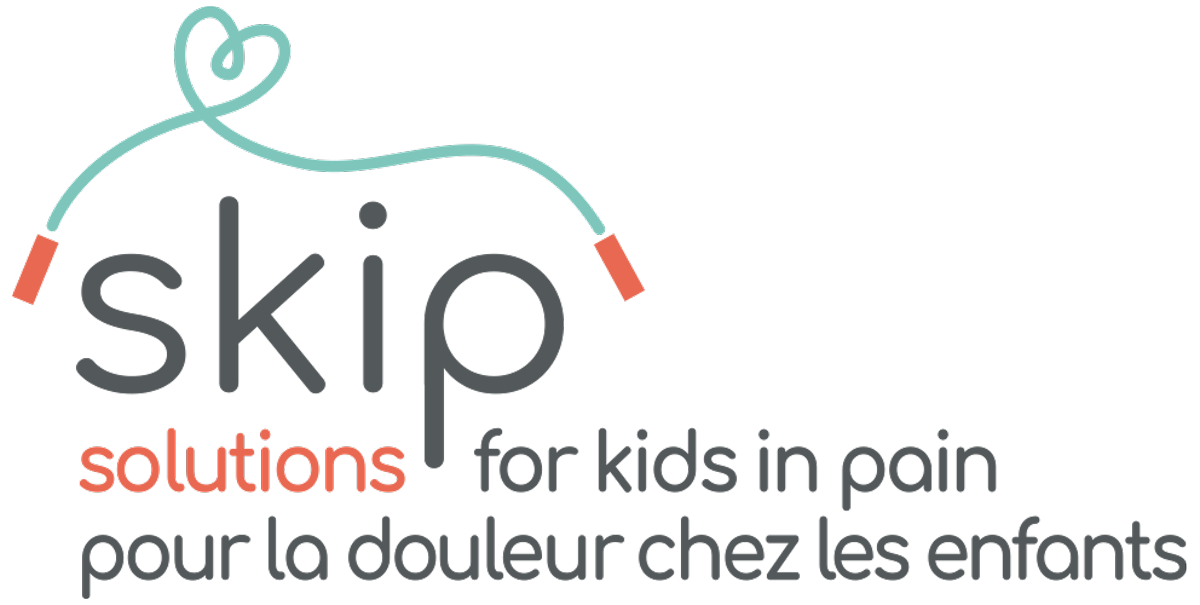





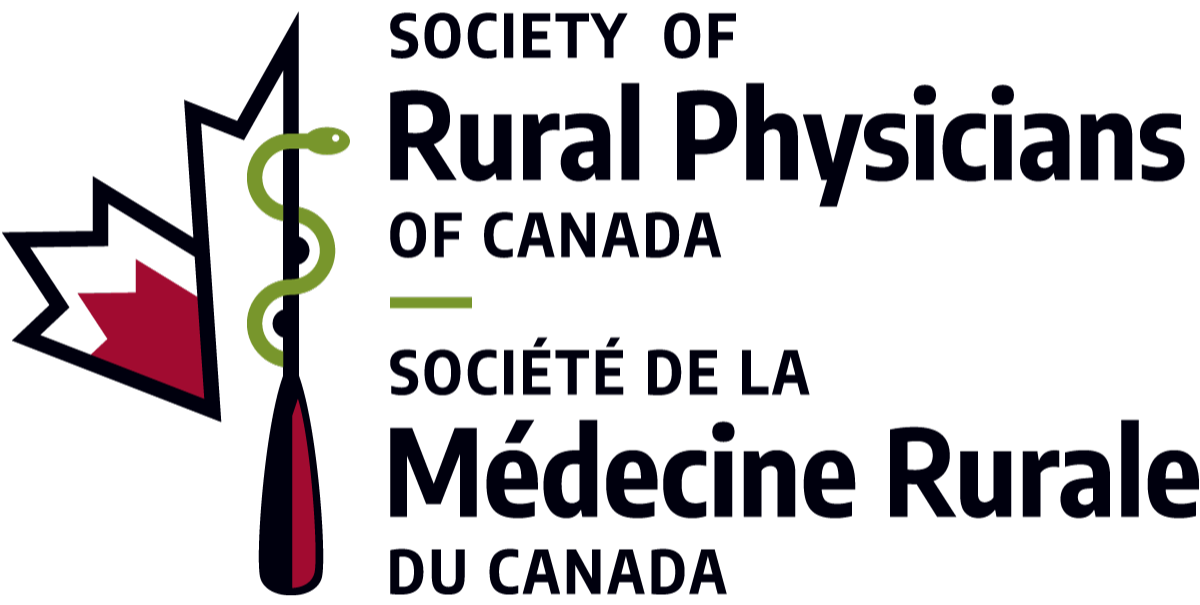
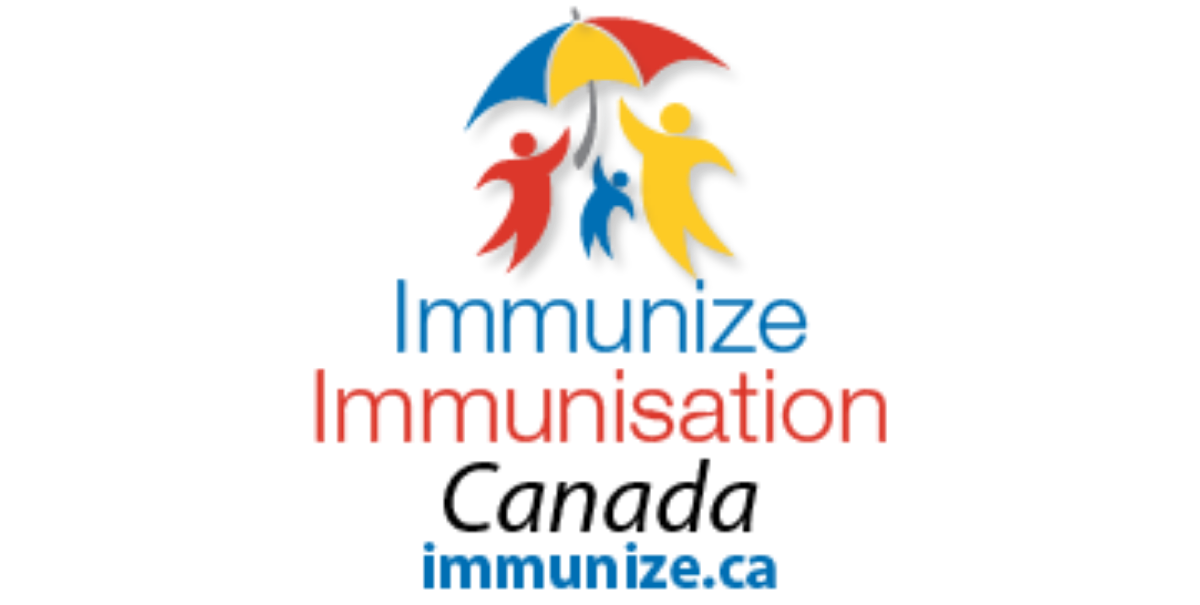
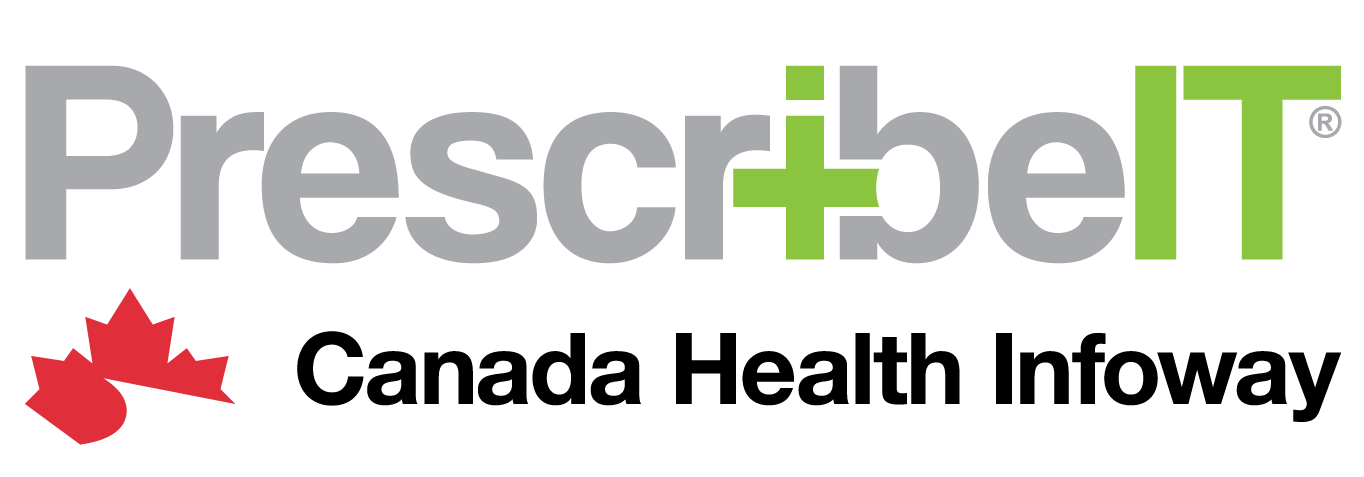
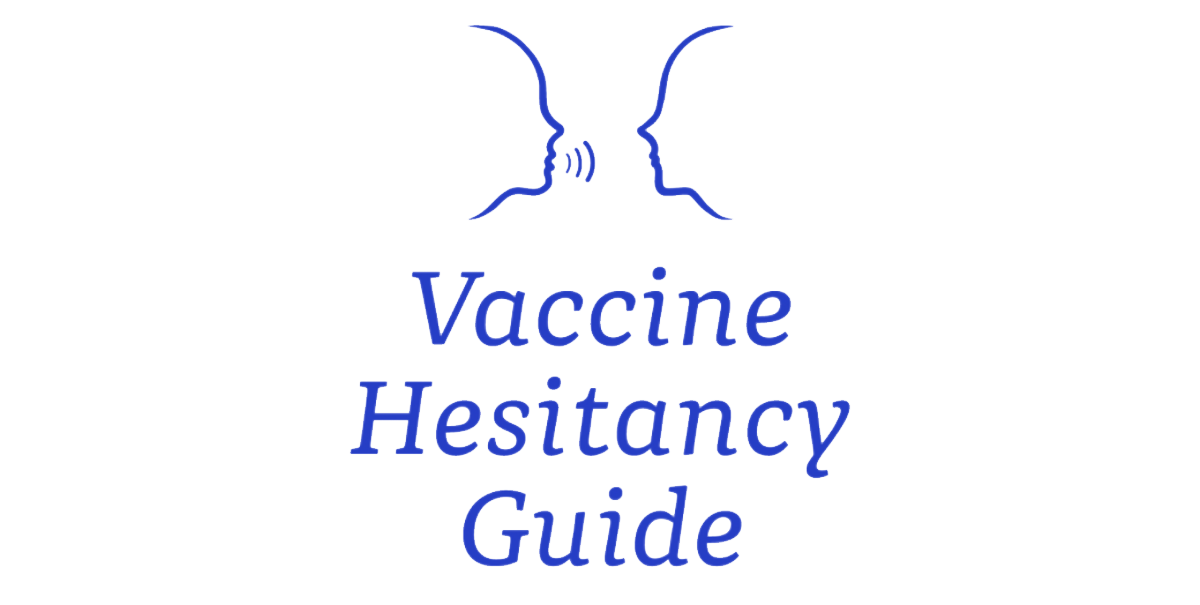
Latest Articles From The Rounds
Join Canada's Most Trusted & Secure Network for Physicians Today!
Already a member? Sign In


